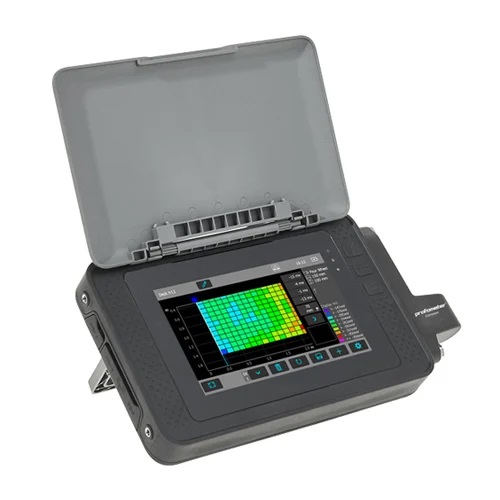
Corrosion Analyzing Instrument

A Corrosion Analyzer is a laboratory or field-testing instrument designed to evaluate the rate, extent, and mechanism of corrosion in metals, alloys, and coatings. It helps in predicting material performance in different environments, testing protective coatings, and ensuring durability of structures, pipelines, and industrial equipment. Corrosion analyzers are widely used in research, oil & gas, power plants, marine, automotive, and construction industries to study electrochemical properties and material degradation.
Key Features
- Electrochemical Measurement Techniques – Supports methods such as Potentiodynamic Polarization, Electrochemical Impedance Spectroscopy (EIS), and Linear Polarization Resistance (LPR).
- Corrosion Rate Calculation – Provides real-time data on corrosion rate in millimeters per year (mm/yr) or mils per year (mpy).
- Versatile Sample Testing – Compatible with metals, alloys, coatings, and inhibitors.
- Data Logging & Analysis – Equipped with software for recording, graphing, and interpreting corrosion curves.
- Portable & Laboratory Models – Available as benchtop systems for detailed research and portable analyzers for field use.
- High Sensitivity Electrodes – Uses reference, counter, and working electrodes for accurate electrochemical measurements.
- Environmental Simulation – Can simulate aggressive environments (saltwater, acidic, alkaline, or industrial atmospheres).
- Quality Control Tool – Helps evaluate protective coatings, corrosion inhibitors, and material selection for long-term applications.